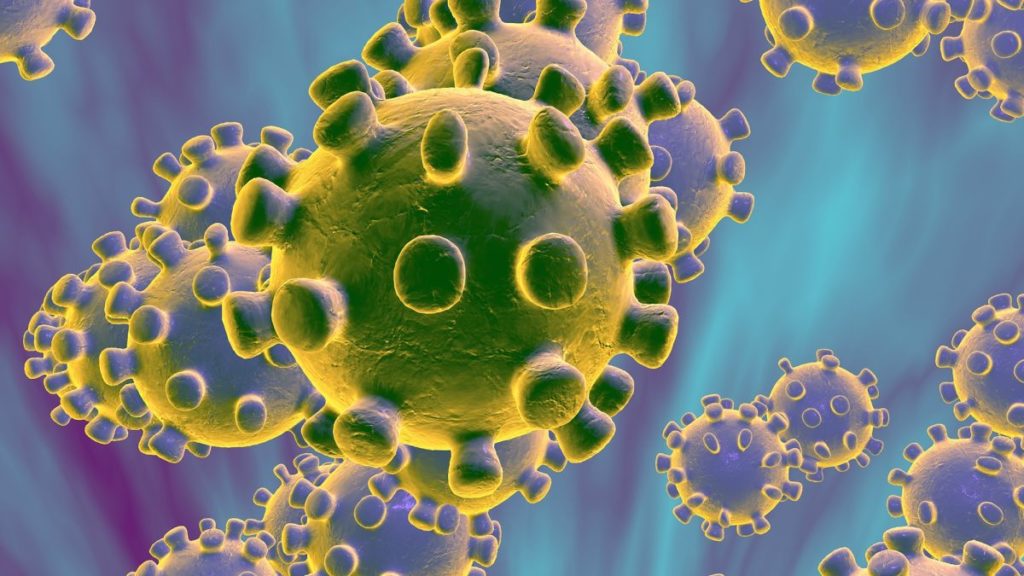What is Coronavirus(COVID-19)?
Coronavirus( COVID-19 )
OVERVIEW
Coronavirus disease (COVID-2019) is an infectious disease caused by a new virus that had not been previously identified in humans.
The virus causes respiratory illness (like the flu) with symptoms such as a cough, fever and in more severe cases, pneumonia. You can protect yourself by washing your hands frequently and avoiding touching your face.
SYMPTOMS
Coronavirus disease (COVID-19) is characterized by mild symptoms including a runny nose, sore throat, cough, and fever. Illness can be more severe for some people and can lead to pneumonia or breathing difficulties.
More rarely, the disease can be fatal. Older people, and people with other medical conditions (such as asthma, diabetes, or heart disease), may be more vulnerable to becoming severely ill.
People may experience:
- runny nose
- sore throat
- cough
- fever
- difficulty breathing (severe cases)
PREVENTION
There is currently no vaccine to prevent coronavirus disease (COVID-19).
You can reduce your risk of infection if you:
Clean hands frequently with alcohol-based hand rub or soap and water
Cover nose and mouth when coughing and sneezing with tissue or flexed elbow
Avoid close contact (1 meter or 3 feet) with anyone with cold or flu-like symptoms
TREATMENT
There is no specific medicine to prevent or treat coronavirus disease (COVID-19). People may need supportive care to help them breathe.
Coronavirus disease (COVID-19)
Here are some Basic protective measures against the new coronavirus prescribed by WHO:
- Wash your hands frequently: Wash your hands frequently with soap and water or use an alcohol-based hand rub if your hands are not visibly dirty. Why? Washing your hands with soap and water or using alcohol-based hand rub eliminates the virus if it is on your hands.
- Practice respiratory hygiene: When coughing and sneezing, cover mouth and nose with flexed elbow or tissue – discard tissue immediately into a closed bin and clean your hands with alcohol-based hand rub or soap and water. Why? Covering your mouth and nose when coughing and sneezing prevent the spread of germs and viruses. If you sneeze or cough into your hands, you may contaminate objects or people that you touch.
- Maintain social distancing: Maintain at least 1 metre (3 feet) distance between yourself and other people, particularly those who are coughing, sneezing and have a fever. Why? When someone who is infected with respiratory diseases, like 2019-nCoV, coughs or sneezes they project small droplets containing the virus. If you are too close, you can breathe in the virus.
- Avoid touching eyes, nose and mouth: Why? Hands touch many surfaces which can be contaminated with the virus. If you touch your eyes, nose or mouth with your contaminated hands, you can transfer the virus from the surface to yourself.
- If you have fever, cough and difficulty breathing, seek medical care early: Tell your health care provider if you have traveled in an area in China where 2019-nCoV has been reported, or if you have been in close contact with someone with who has traveled from China and has respiratory symptoms. Why? Whenever you have fever, cough, and difficulty breathing it’s important to seek medical attention promptly as this may be due to a respiratory infection or other serious condition. Respiratory symptoms with fever can have a range of causes, and depending on your personal travel history and circumstances, 2019-nCoV could be one of them.
- If you have mild respiratory symptoms and no travel history to or within China: If you have mild respiratory symptoms and no travel history to or within China, carefully practice basic respiratory and hand hygiene and stay home until you are recovered, if possible.
- As a general precaution, practice general hygiene measures when visiting live animal markets, wet markets or animal product markets: Ensure regular hand washing with soap and potable water after touching animals and animal products; avoid touching eyes, nose or mouth with hands; and avoid contact with sick animals or spoiled animal products. Strictly avoid any contact with other animals in the market (e.g., stray cats and dogs, rodents, birds, bats). Avoid contact with potentially contaminated animal waste or fluids on the soil or structures of shops and market facilities.
- Avoid consumption of raw or undercooked animal products: Handle raw meat, milk or animal organs with care, to avoid cross-contamination with uncooked foods, as per good food safety practices.
For more details >>>
https://www.who.int/emergencies/diseases/novel-coronavirus-2019/advice-for-public





